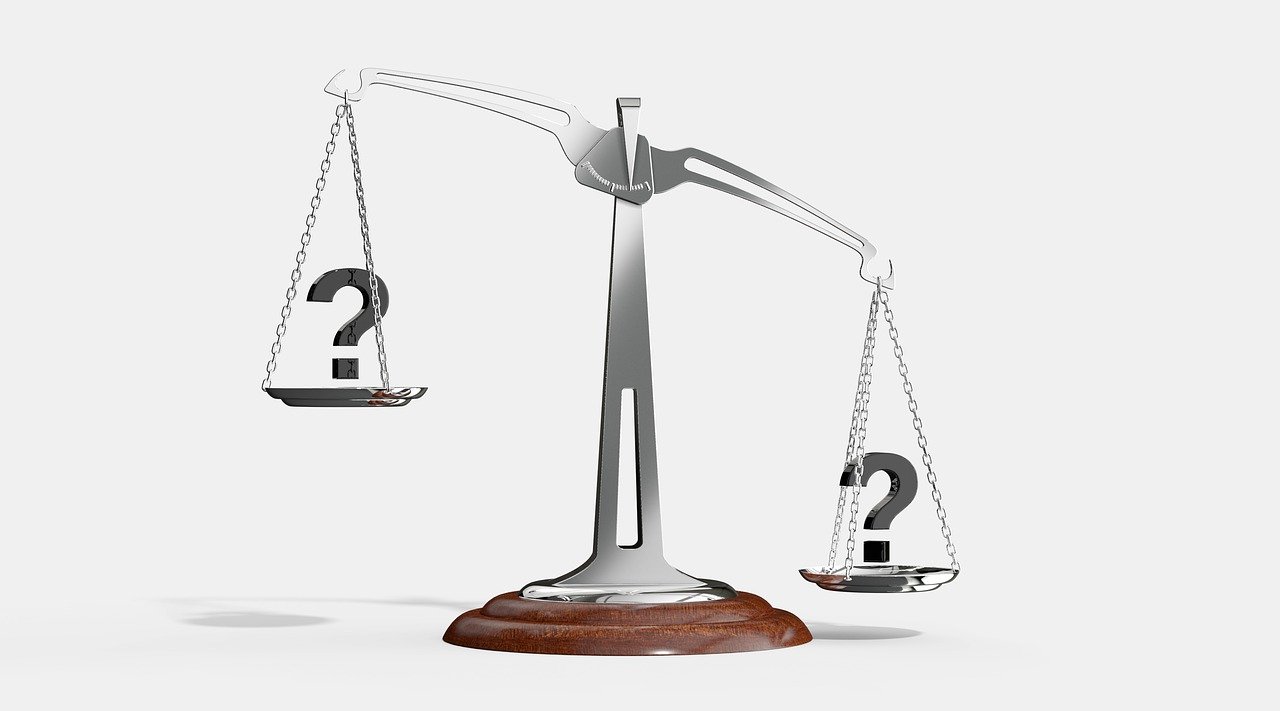Since last year’s election, I have been substantially less involved with blogging and social media marketing. While we are all entitled to our political views, I will keep mine to myself and simply talk about how social media bias has negatively impacted social marketing.
Demographics
As a small business owner with an MBA, I am all too familiar with demographics. When I consider any marketing efforts, I have to consider who my primary market is and how I can reach them. For instance, marketing to children or teens would be ineffective for me as a software company. So, that means I have to ponder who does buy my services and how I can reach those markets. That also means knowing the demographics of my local area and their interests. While there are always outliers, I have determined that a sizable number of my customers are middle-aged or older white men with conservative political views. Of course, some of my customers are women or politically liberal – they just form the minority of my market in this area.
Reaching my Demographic
Once I’ve determined my demographic, the next step is to find ways to reach them. Newspapers are not likely to effectively market to millennials, for example. So I need to find the media used by my demographic. Of course, a substantial number of Americans are active on one or more social media platforms. Specifically, Facebook, LinkedIn, Twitter, and Instagram provide access to a substantial number of consumers of all demographics. These tools provide cheap advertising access to a large cross-section of Americans – in my demographic as well as other demographics I would like to attract to my business.
The Impact of Bias
Unfortunately, as last year progressed, there were more and more stories of political bias by the social media platforms. They felt it was their job to monitor political content and, ultimately, to deplatform people they did not agree with. Unfortunately, for those relying on social media for advertising, it meant that some demographics were substantially less present on social media. Or, worse yet, that those demographics had disengaged the platforms entirely. That means fewer people for me to market to and less desire to advertise or engage in social media.
Neutrality
Regardless of your political views, the neutrality of social media is essential not only for its viability as a marketing platform, but also for the long-term financial viability of any social media company. Alienating half of the population by politically-motivated censorship will do nothing but ensure the eventual demise of social media and will cause businesses to find alternative advertising means to reach their target demographic.
Conclusion
Whether you are a republican or democrat, if you’re involved in business you recognize the importance of advertising. Likewise, you are inevitably aware of conservative friends or political figures who have fled due to censorship. This must stop – not only because it discourages the open debate of ideas – but because it damages the platforms as well as the utility of social media marketing.
